SAC Members
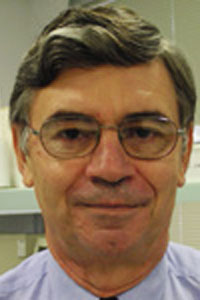 Emeritus Professor Ian W. Dawes FAA (SAC CHAIR)
School of Biotechnology and Biomolecular Sciences, UNSW
Australia
Emeritus Professor Ian W. Dawes FAA (SAC CHAIR)
School of Biotechnology and Biomolecular Sciences, UNSW
Australia
Emeritus Professor Dawes’ research career has focused on the response of eukaryotic organisms to oxidative stress and ageing, the molecular analysis of control of one-carbon and folate metabolism in yeast and the mechanisms involved in initiation and timing of cell development. He is an editor of the journal FEMS Yeast Research and a member of the editorial boards of Yeast and the Journal of Microbiology.
Em. Prof. Dawes has been a Board Member of the Victor Chang Cardiac Research Institute and of the Australian Proteomic Analytical Facility and Chairman of the International Yeast Genetics and Molecular Biology Community. He has a BSc from the University of New South Wales, a DPhil from the University of Oxford in the UK and is a Fellow of the Australian Academy of Science.
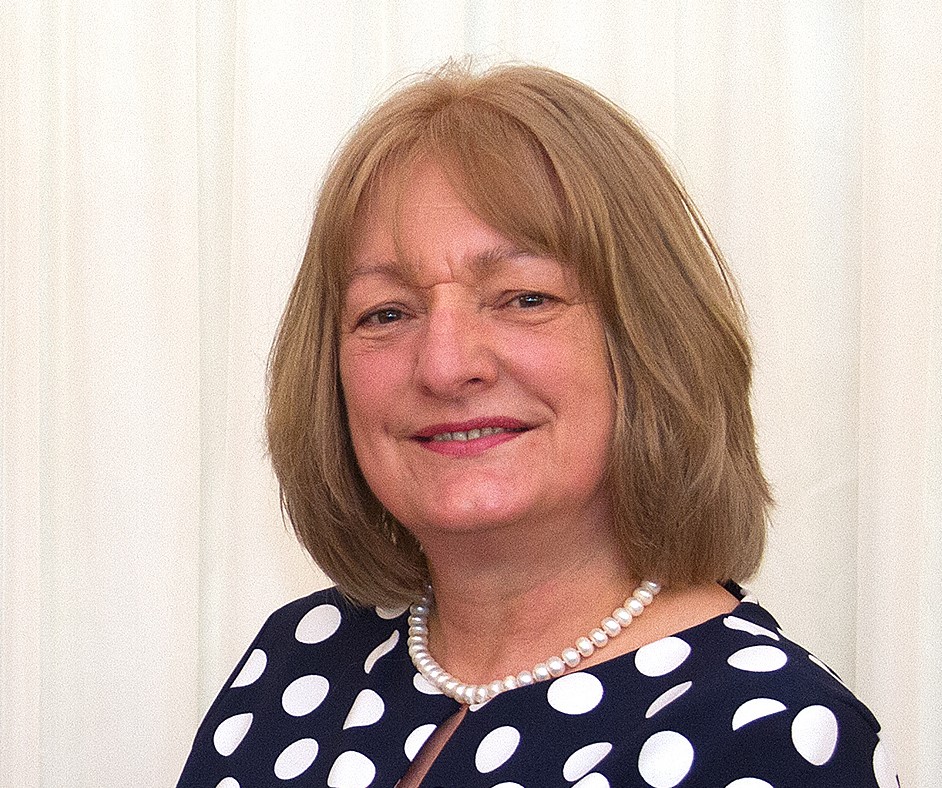 Dr Tina Barsby OBE
NIAB, Cambridge, UK
Dr Tina Barsby OBE
NIAB, Cambridge, UK
Dr Barsby is CEO of NIAB, previously the National Institute of Agricultural Botany. Tina is a plant geneticist well-known for her significant experience in the agricultural crop sector. With a PhD from the University of Nottingham, she spent several years in North America before returning to the UK. After almost 20 years working for the Limagrain Group, she became CEO of NIAB in 2008. Her strong leadership skills and supportive staff have enabled Tina to position NIAB where it is today as an internationally recognised and innovative organisation, operating under the strapline ‘Plant Science in to Practise’.
Tina is committed to the translation of plant science into products and services of value to industry and to society at large. Tina is an Associate of the Royal Agricultural Society and was awarded an OBE in the 2018 New Year’s Honours List for services to Agricultural Sciences and Biotechnology.
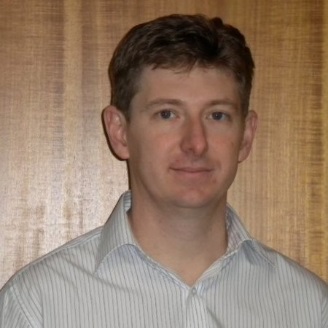 Dr Juan Juttner
Senior Manager Genetic Technologies at Grains Research and
Development Corporation
Dr Juan Juttner
Senior Manager Genetic Technologies at Grains Research and
Development Corporation
Dr Juttner was a Postdoctoral Fellow at the Australian Centre for Plant Functional Genomics at University of Adelaide before moving to the Grains Research Development Corporation (GRDC). He has held a number of Project and Senior Management positions at the GRDC. Dr Juttner is now Senior Manager, Genetic Technologies at the GRDC. Dr Juttner is an experienced Research Manager who develops sound Research and Development (R&D) strategies and delivers targeted solutions to industry requirements. He applies technical, commercial, financial and intellectual property due diligence knowledge to plan and procure optimal investments.
In addition to this he also engages growers and industry stakeholders to secure a path to market for investment outputs and maximise investment impact. Dr Juttner has practical experience in establishing and leading the external and internal teams required to deliver broad organisational objectives.
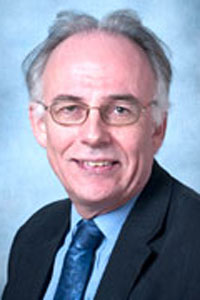 Professor Dale Sanders FRS
John Innes Centre, Norwich Research Park
Professor Dale Sanders FRS
John Innes Centre, Norwich Research Park
Professor Sanders is Director of the John Innes Centre, internationally regarded as one of most prestigious plant and microbial sciences research centres. His career has focused on plant cell responses to environment and on plant cell nutrient acquisition and storage. He is a leading authority on mechanisms for the transport of chemical elements across plant cell membranes - mechanisms that have key roles in the control of crucial crop traits such as nutritional value, seed germination, response to drought conditions and plants response to toxins.
Prof. Sanders also works on the fundamental science of specialised plant transport mechanisms involved in signalling which have important, but poorly understood roles in plant biology. In 2001 he was elected as a Fellow of the Royal Society and awarded the European Science Prize of the Kärber Foundation.
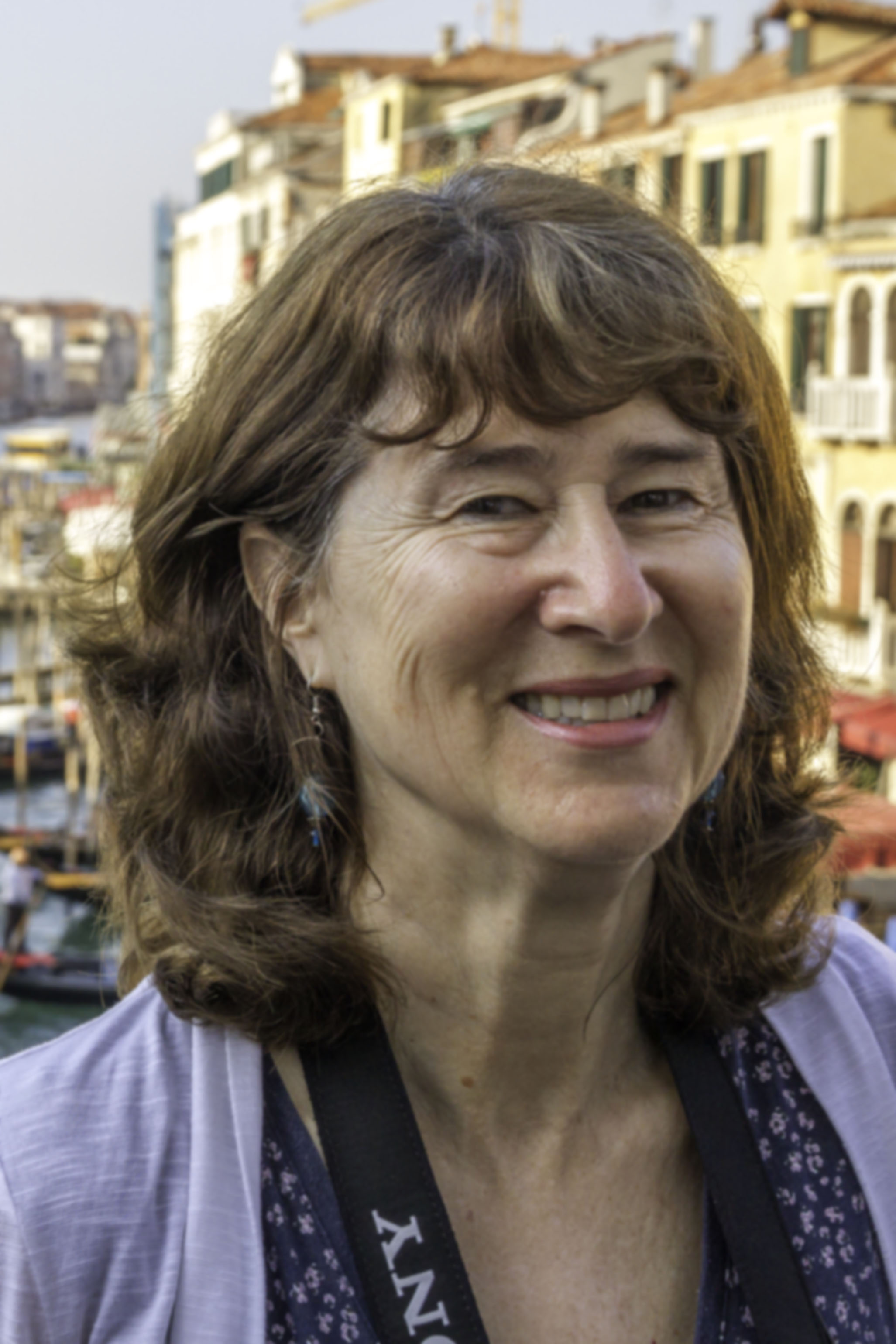 Professor Fiona Cameron
Honorary Professor, College of Science, ANU
Professor Fiona Cameron
Honorary Professor, College of Science, ANU
Fiona Cameron graduated from the University of Sydney with a BSc and went on to ANU to achieve a first class honours equivalent by research into an antibiotic resistance gene and then a PhD in eukaryotic gene control at Macquarie university. Fiona’s research was pivotal in the discovery of the antibiotic resistance gene element integron, and also in the first demonstration of ribozyme activity in mammalian cells. Fiona’s work also demonstrated an early indicator of the effects of dsRNA on gene expression.
After more than 20 years in active research, much of it at the CSIRO in Sydney, Fiona assisted in establishing the CSIRO emerging science unit for nanotechnology before moving into the National Research Flagship for Food research to support the Director in managing and driving this successful multidisciplinary flagship program that worked closely and collaboratively with universities and industry.
Fiona joined the University of Western Sydney to establish and develop the Innovation unit for the university. Here she audited the university’s IP portfolio and built relationships with the academics and industry leaders to support innovation translation.
In Fiona’s subsequent role as Executive Director at the Australian Research Council she established a personal network across Australia’s universities and gained insights into the development and awarding of granting programs at a National level. Fiona was responsible at the ARC for the discipline of Biological Sciences and Biotechnology (BSB), the BSB College of Experts, and also for oversight of the major investment programs including Centres of Excellence, Industrial Transformation Research Program and Special Research Initiatives as well as most other ARC funding schemes for brief periods.
Fiona holds an Honorary Professorship at the College of Science, ANU and is currently consulting personally, is a senior associate at “Outside Opinion” and sits on 2 research advisory committees in addition to Plant Energy Biology.
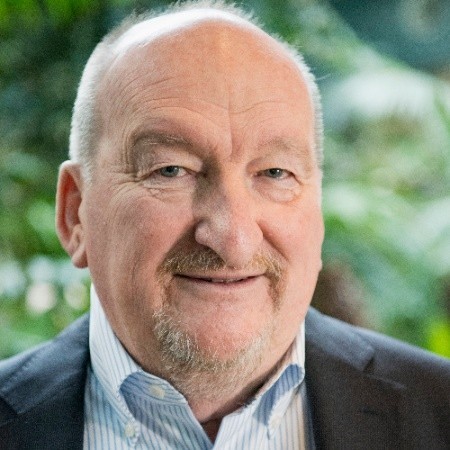 Dr Allan Green
CSIRO Agriculture & Food, Sydney
Dr Allan Green
CSIRO Agriculture & Food, Sydney
Dr Allan Green has devoted his lifetime research career at CSIRO to understanding the genetic control of oil and fatty acid biosynthesis in plants, and using this knowledge to develop new and improved oil crop products for Australian and global agriculture. Formally trained in agricultural science, majoring in plant breeding and genetics, he has been a pioneer in using increasingly sophisticated genetic technologies for the modification of fatty acid composition in oilseed crops to provide improved nutritional value, enhanced functionality, and novel industrial end uses.
The CSIRO Plant Oil Engineering Group that he founded in the 1990s and provided the strategic leadership for, has risen to the forefront of global research to improve plant oil production. The Group has generated significant opportunities for innovation in the Australian and international oilseeds industries, through the creation, development and imminent commercialisation of DHA Canola and Super High Oleic Safflower, that will be Australia’s first two “home-grown” GM oil crops. Their recent development of technology for synthesising and accumulating high levels of oils in plant leaves is a dramatic modification in plant energy biology, with potential to create new oil-producing energy crops capable of sustainably delivering advanced biofuels cost-competitively with petroleum-based fuels.
Allan will shortly retire from full-time research and take up an Honorary Research Fellow role at CSIRO Agriculture & Food, based in Sydney.
